After Bloodhunt, where do battle royale games go next?
Exploring the uncertain, unstable future of the Battle Royale genre
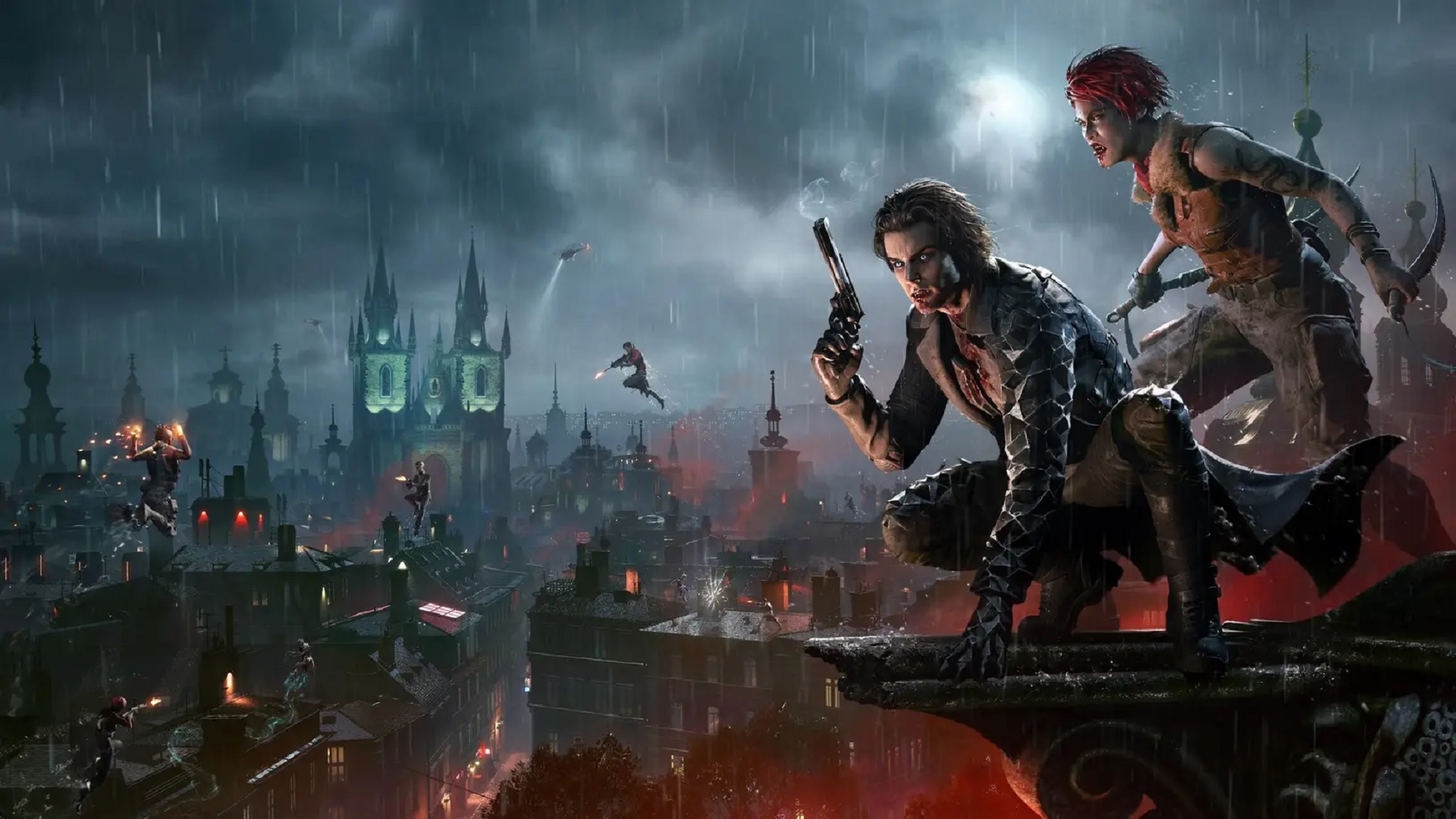
I have a friend who's a big Call of Duty: Warzone player, or so it seems at first glance. Sure, he's technically racking up hours on the "time-played" counter, but what he actually plays more than anything else is Rebirth Island. It's a specific, separate mode in Warzone, where you have a much smaller map that results in more frequent combat encounters, and also provides the ability to automatically respawn if at least one of your teammates is still alive. It's like some kind of… team deathmatch, if you can imagine such a thing. I asked some other friends, and while the vast majority of them abandoned Warzone months ago, those who haven't are, likewise, playing Rebirth Island, shunning the larger maps and finite lives for something more efficiently violent. They've essentially come full circle in the spectrum of online multiplayer games.
Vampire: The Masquerade – Bloodhunt has made me think about the current state of Battle Royale, digging its fangs into my thoughts and refusing to let go. Because it's a gothic vampire game with complex lore and themes, about running around a big map and shooting people while at the same time, for some reason, the playing area contracts around you. Fun, sure, but it seems like the unique identity of the Vampire: The Masquerade franchise is straining to meet the standard model of the battle royale genre halfway, rather than building something new based on its strengths and ideas. A chance for experimentation was missed, at least in part, and that's a shame. Meanwhile, turn your eye to the wider industry, and it seems like we're now at this strange, transitional point where the long-established battle royales are working out where to go next.
Looking down on things
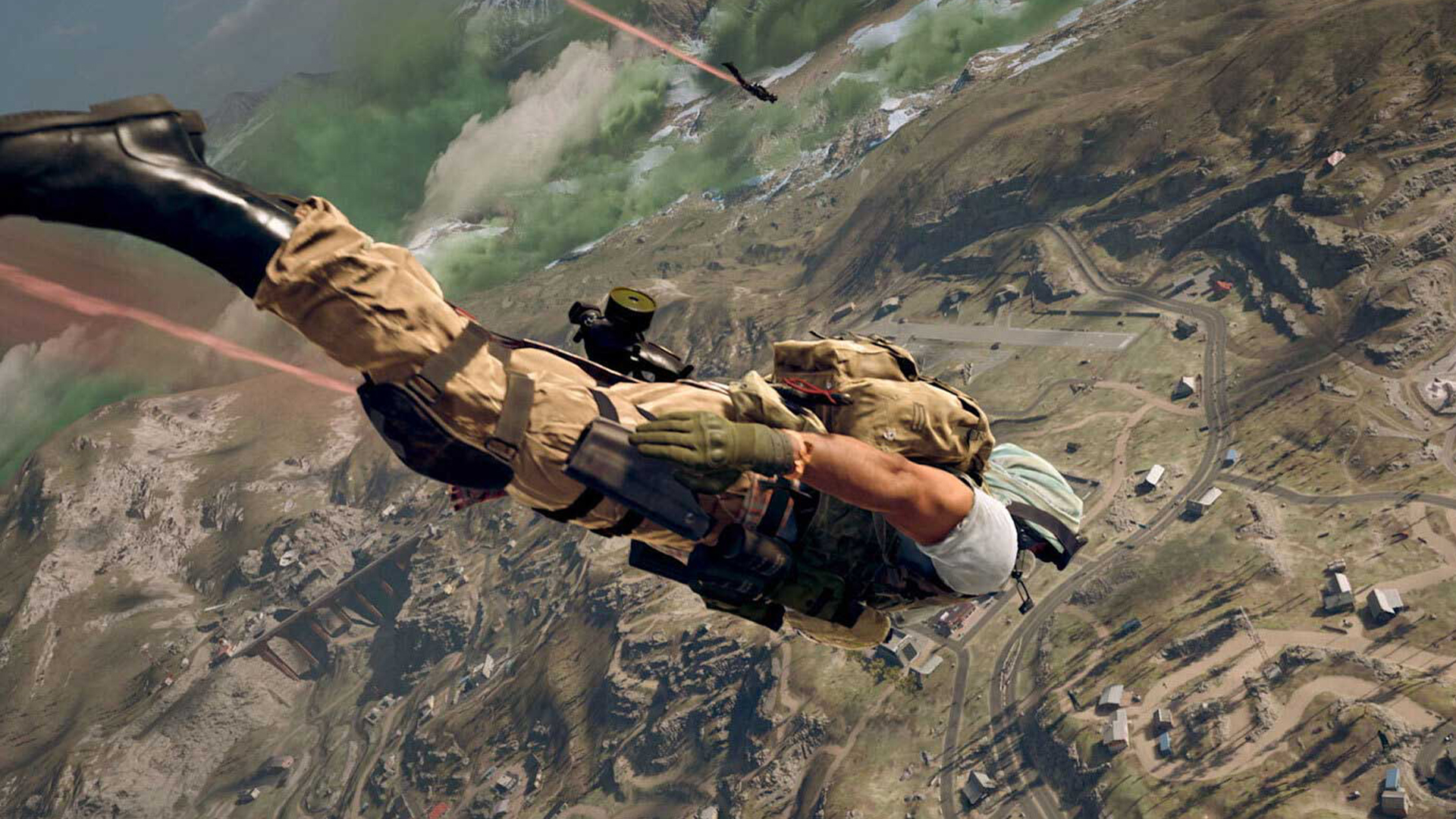
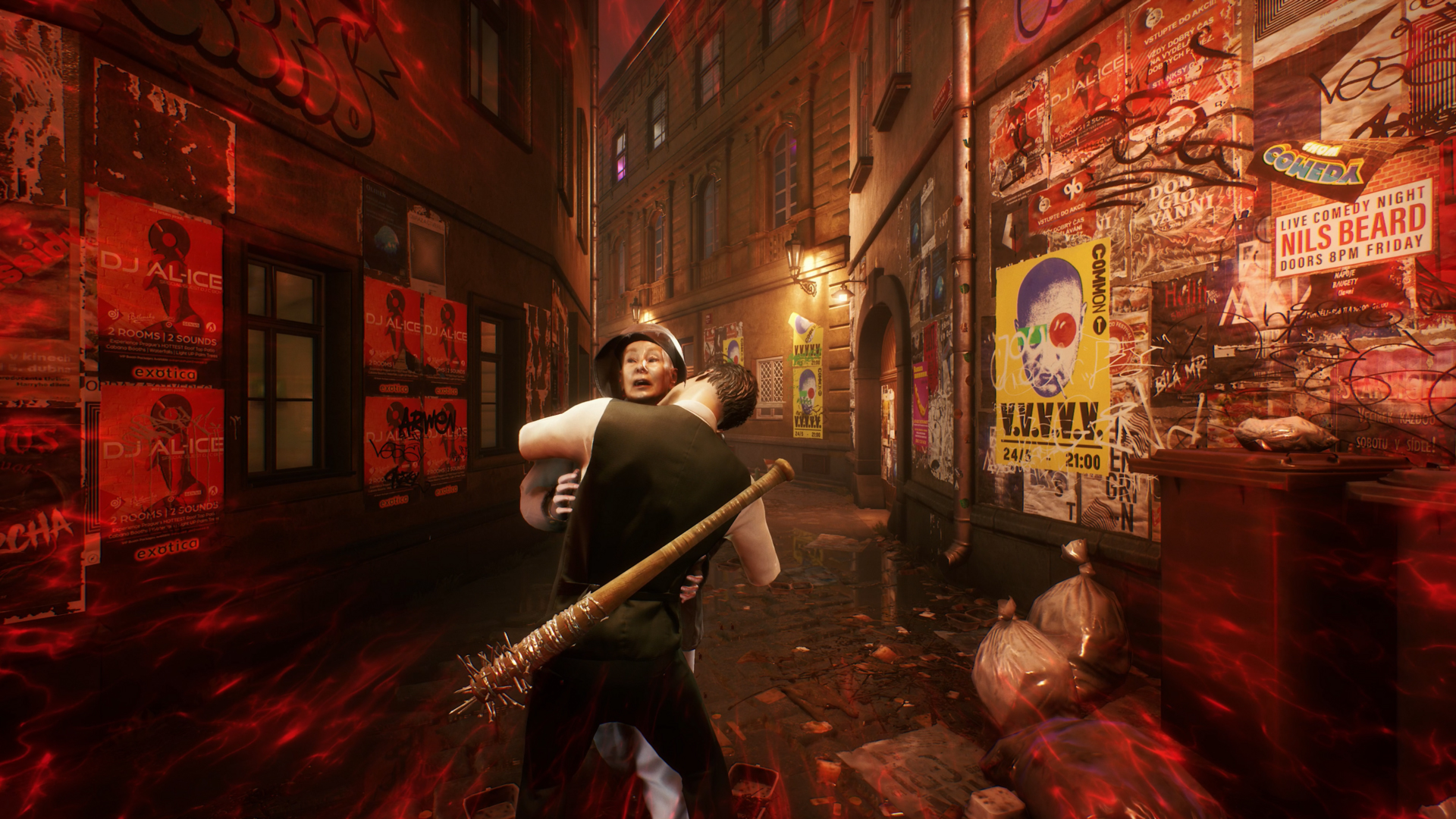
Inside Bloodhunt: How the architects of The Division are building a better battle royale
Let's take stock. What info we have to work with indicates Warzone has had a pretty meaningful drop in players recently. Apex Legends hasn't really taken the blueprint anywhere new, maintaining a cautious holding pattern so as not to risk putting a foot wrong – an understandable, albeit reserved approach. Contrarily, Fortnite's biggest innovation in recent memory was to amputate one of its own mechanics in a bid for broader appeal.
None of which really screams progress, does it? It seems that's going to have to come from other games in the genre. But the problem is, the other hopefuls trying to break into the big battle royale club are finding mixed success at best, even if they are trying something new. Fall Guys started magnificently but has since dipped, Naraka Bladepoint didn't even get that initial spike, and Bloodhunt – a game I do enjoy – hasn't convinced me it has the endurance to last going forward. Even Fallout 76 tried a battle royale, but it welcomed so few players that Bethesda quietly shut it down not long afterwards.
Clearly, battle royale as a concept isn't going anywhere soon, but that assertion plays both ways – it really doesn't seem to be going, well, anywhere. Since PUBG: Battlegrounds popularised the genre in 2017, we've seen no real change or advancement in what people expect from its last-person-standing purview. Nearly all of these games – certainly the big ones – are shooters where you freefall into a large map, scoop up equipment, and shoot at people while the battle arena tightens around you. That's a very specific format for an idea that's actually as broad as "lots of people competing". How long before people get bored of this model? On a smaller scale, it might've already started.
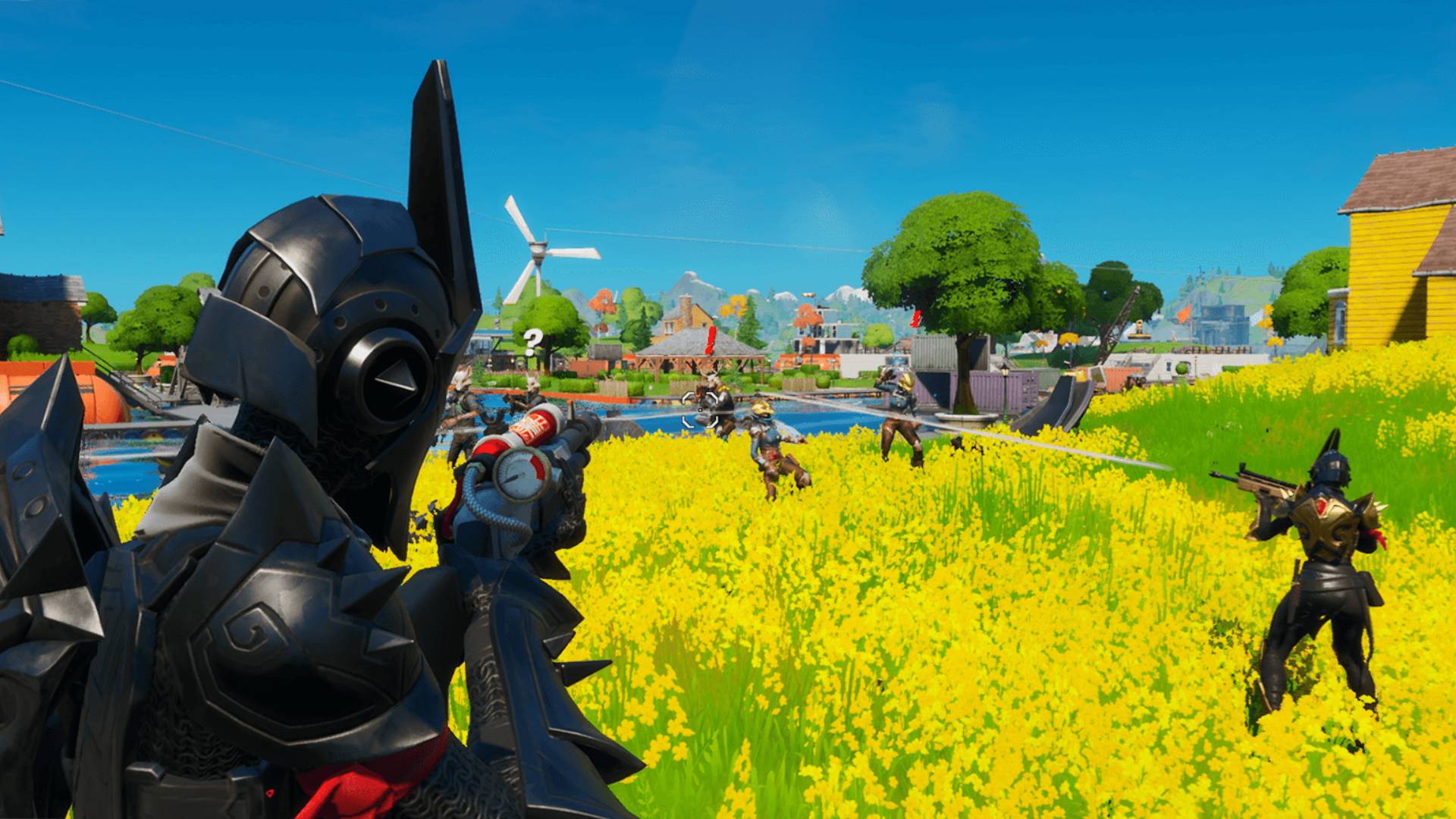
"New maps might be not interesting, new weapons might be unbalanced... but dare to keep things as is, and risk players getting bored and wandering off."
Part of the issue is that publishers appear wary about how they handle updates and changes, keen to avoid tinkering too much with the games-as-service model the industry has taken to. Service games are designed to evolve over time, so as to keep players engaged – because the obvious downside of a subscription being that it can be cancelled if a paying customer loses interest. No more battle passes bought, no more cosmetic skins sold, no more loot boxes unboxed. And battle royale games are all games-as-service now, forcing that constant evolution lest they risk dying on the vine. In turn, publishers want them to be profitable for years – but that requires years of work and attention.
The other big factor is that the market for this genre has become fiercely competitive. A good unique selling point is necessary (hence why PUBG almost feels overshadowed by the Fortnite/Apex/Warzone holy trinity, despite preempting them), but you also have to promise regular twists or risk becoming yesterday's news. That's where difficult choices come in. Shaking up a big online game is a massive task, and simply adding new things isn't a guaranteed path to success. New maps might be not interesting, new weapons might be unbalanced, events might be overhyped or new mechanics might be broken. But dare to keep things as is, and risk players getting bored and wandering off.
Sign up to the GamesRadar+ Newsletter
Weekly digests, tales from the communities you love, and more
So where are we dropping?
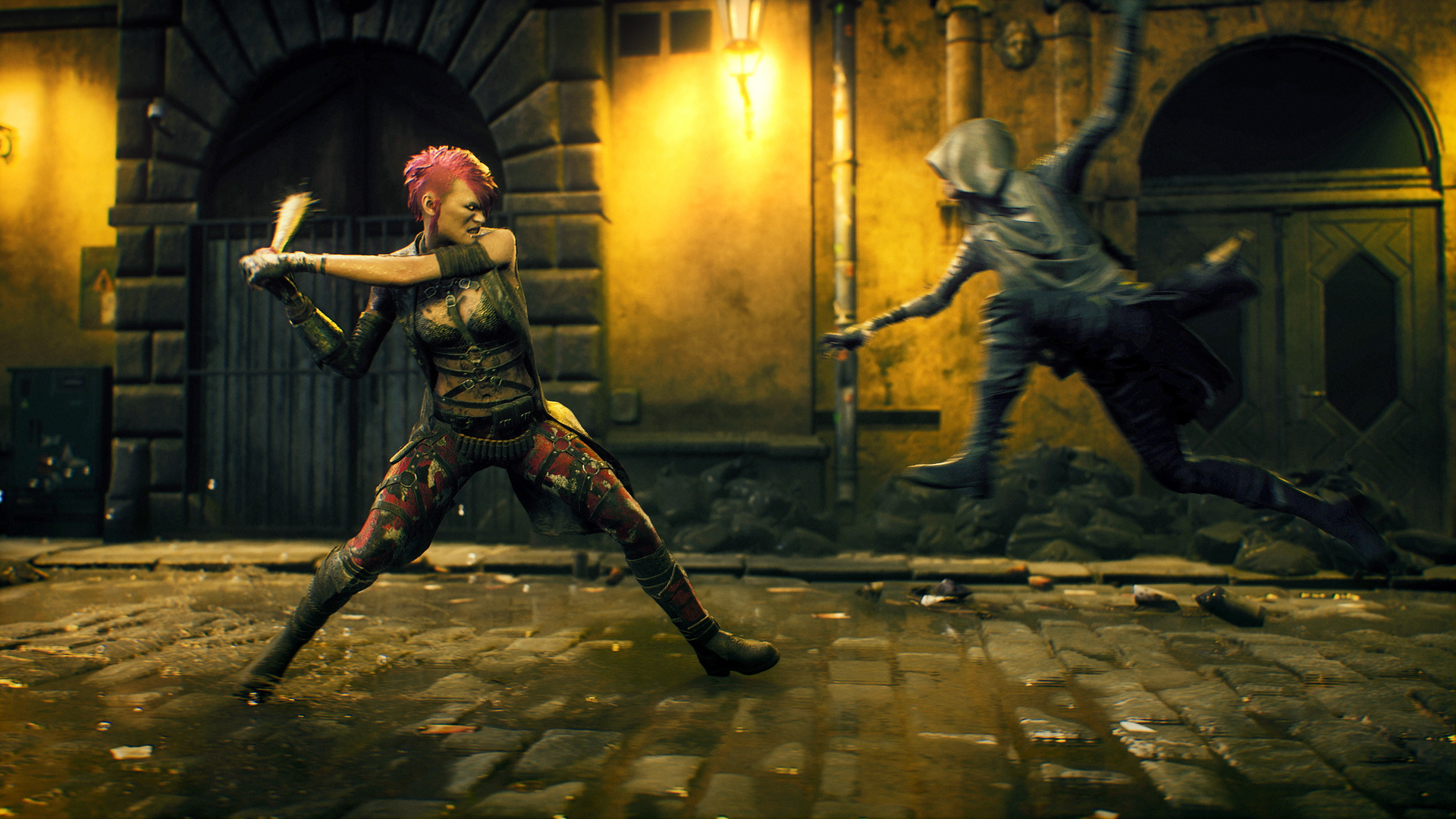
"The opportunity for smaller battle royale games to reach the top can be dependent on what's always been key to smaller games – to provide a unique experience that bigger names aren't."
Looking to the future, I suspect we'll see three different strategies, the most obvious one being more big-name franchises putting out BR spin-off games. It worked for Call of Duty with Warzone, it somehow worked for Tetris with the excellent Tetris 99, and, come to think of it, it worked for Fortnite itself, a game that started as a co-op zombie survival experience called Save the World that might have otherwise flown under the radar.
Expect to see more big names specifically going to BR in the future, leveraging a franchise's goodwill as a booster. Halo's been gunning for it, Rocket League just did something similar, and, for me, other plausible contenders include: Gears of War, Star Wars Battlefront, Overwatch, another attempt from Battlefield (even despite Firestorm's failings), Borderlands, any other Bethesda property, or even Nintendo with something Splatoon or Metroid-leaning. The more well-established the franchise, the less likely the game is to take the risk of unique gameplay, instead resting on brand recognition.
I think we'll also see the established big names relying more on what they're doing now, with strange gimmicks that rest on the core experience as opposed to fundamentally changing it. For example: taking out building mechanics, adding Godzilla, introducing new weapons and items and locations, but completely leaving the core gameplay alone unless actively demanded by players. It's a dangerous move – you're basically delaying stagnation with a string of flashy distractions, right up until one fails to entertain – but it's the only option for them at this point.
That's why Bloodhunt started me thinking about all this. It's cute, and fun, and splattery in all the right ways, but I worry it's not unique enough to last in an industry where everybody is doing this, precisely because it's clearly trying to do what everybody else is already doing. It's the ancient contradiction of the entertainment industry – trying to stand out, while also being just like everybody else.
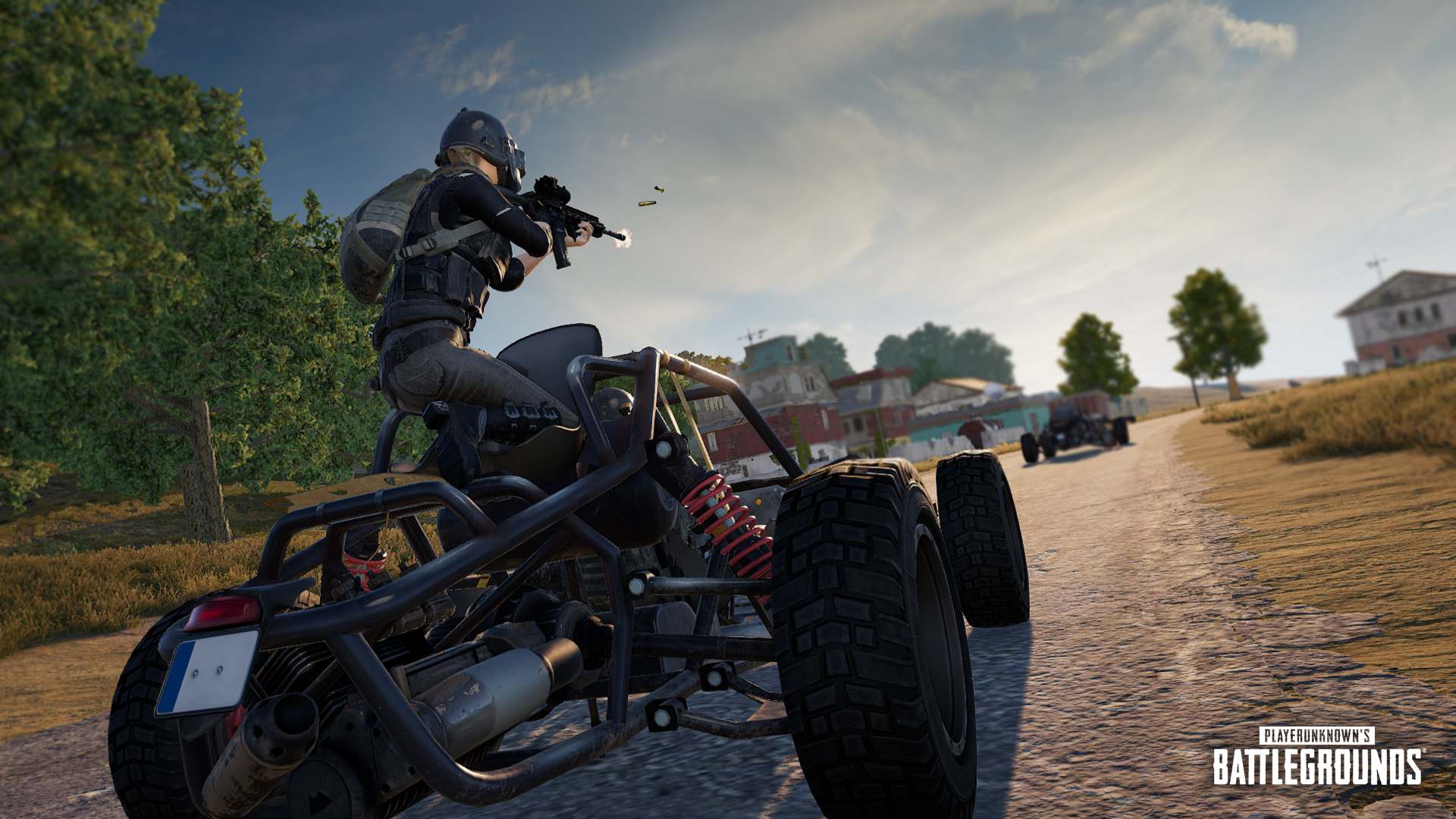
But it doesn't have to be that way. The opportunity for smaller battle royale games to reach the top tiers can be dependent on what's always been key to smaller games – the chance to provide a unique experience that the bigger names aren't. God knows what the next trend will be though. Maybe spaceship combat, maybe higher-power superhero gimmicks, maybe greater use of NPC enemies like Hunt: Showdown, or maybe a Cooking Mama battle royale called Too Many Cooks? Taking shooting off the table altogether might be a good place to start, rethinking things from the ground up.
When we look at the big gaming trends that came before – survival-crafting, district-liberating sandbox games, etc – these things still exist, they're just not as all-encompassing as they once were. I think the reality is that once the dust has settled five years or so from now, there'll only be a few big battle royale games in the public eye (probably Fortnite and a couple of other long-lived contenders), with the genre waning as oversaturation takes its toll and the new Big Thing, whatever it is, steps forward to replace it.
If battle royale games want to prevent this, if they want to survive the eternally-shifting nature of video game trends, they need to start showing ingenuity, and a willingness to try new things. Otherwise they risk the circle closing on them for good.
How many of the best battle royale games have you played?

Joel Franey is a writer, journalist, podcaster and raconteur with a Masters from Sussex University, none of which has actually equipped him for anything in real life. As a result he chooses to spend most of his time playing video games, reading old books and ingesting chemically-risky levels of caffeine. He is a firm believer that the vast majority of games would be improved by adding a grappling hook, and if they already have one, they should probably add another just to be safe. You can find old work of his at USgamer, Gfinity, Eurogamer and more besides.


